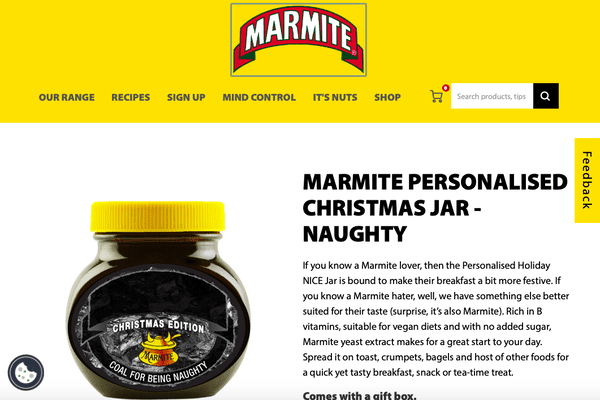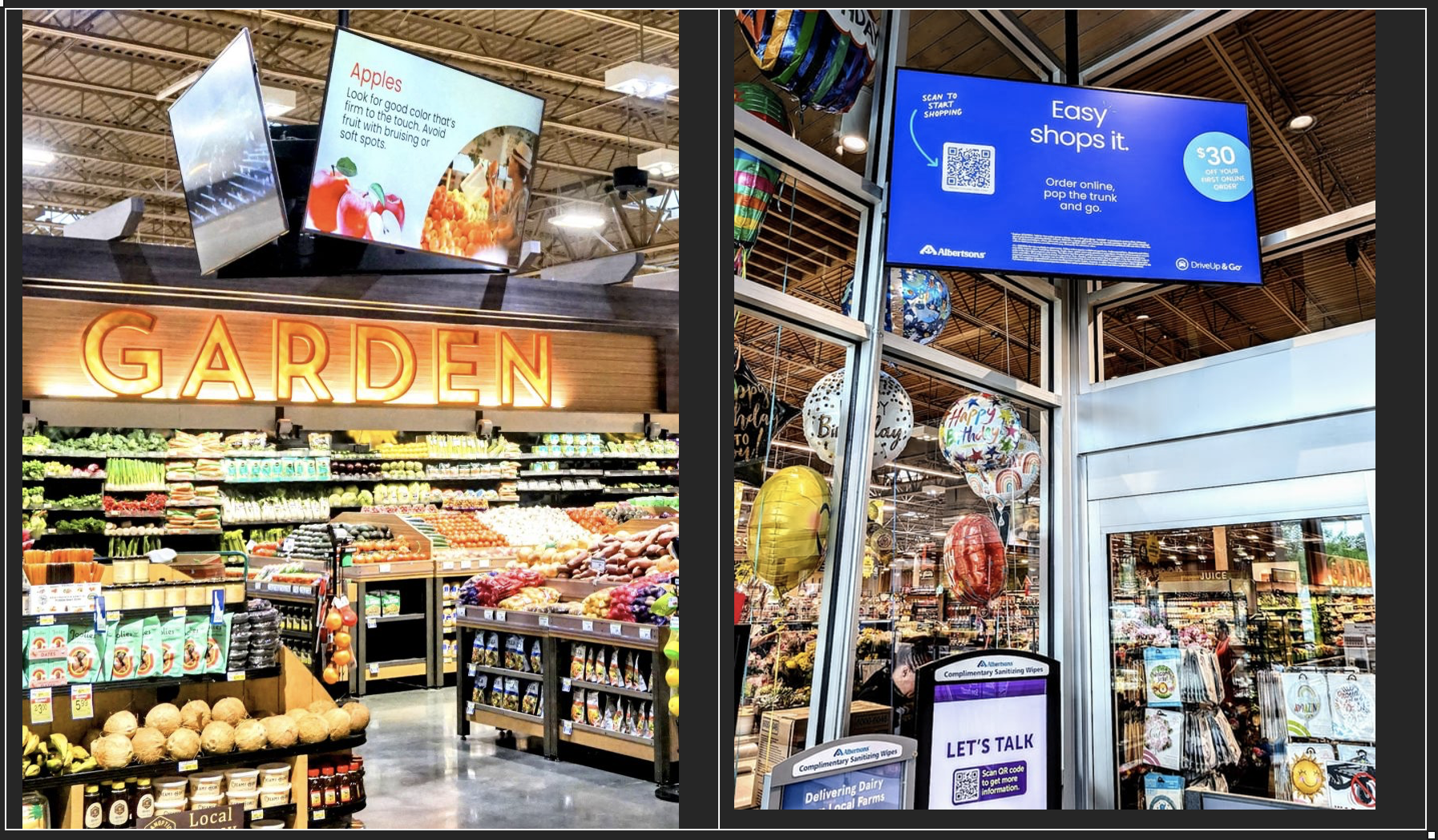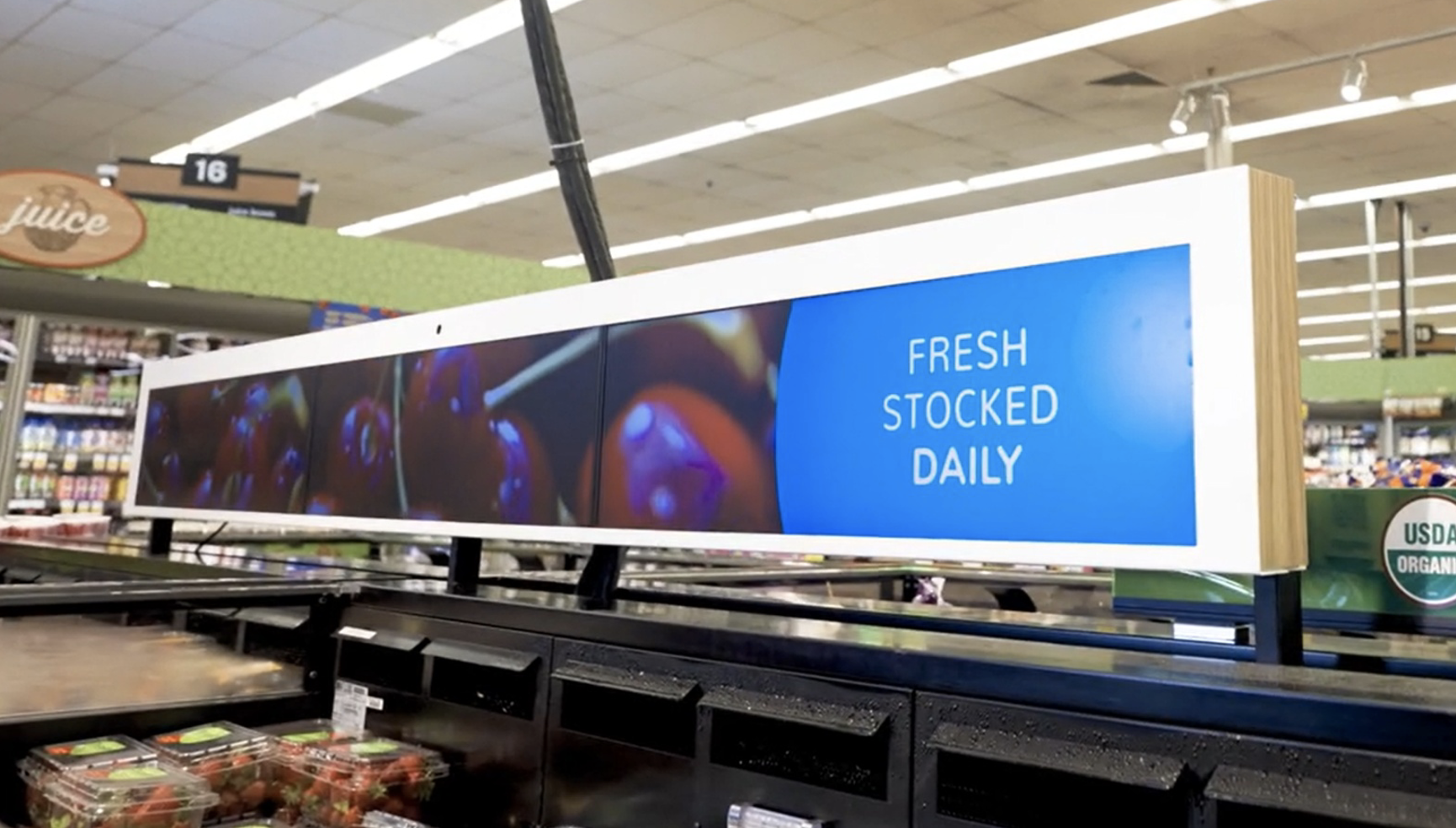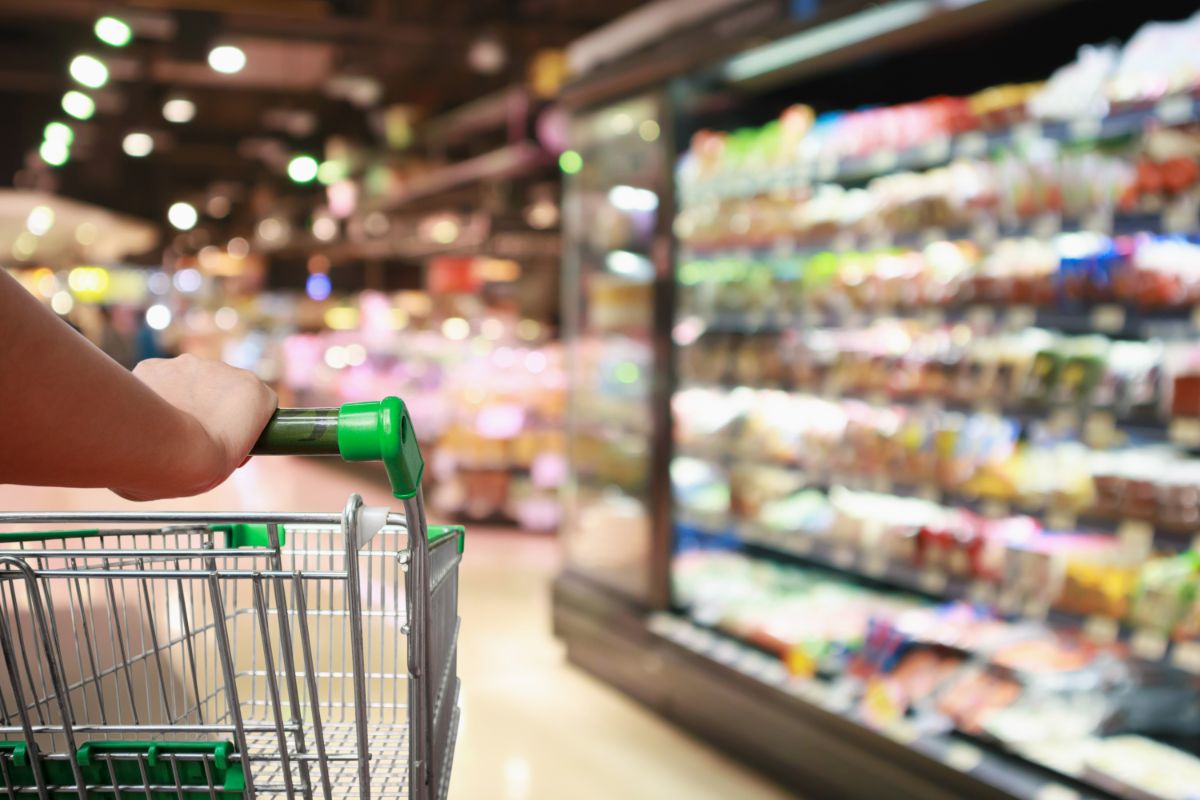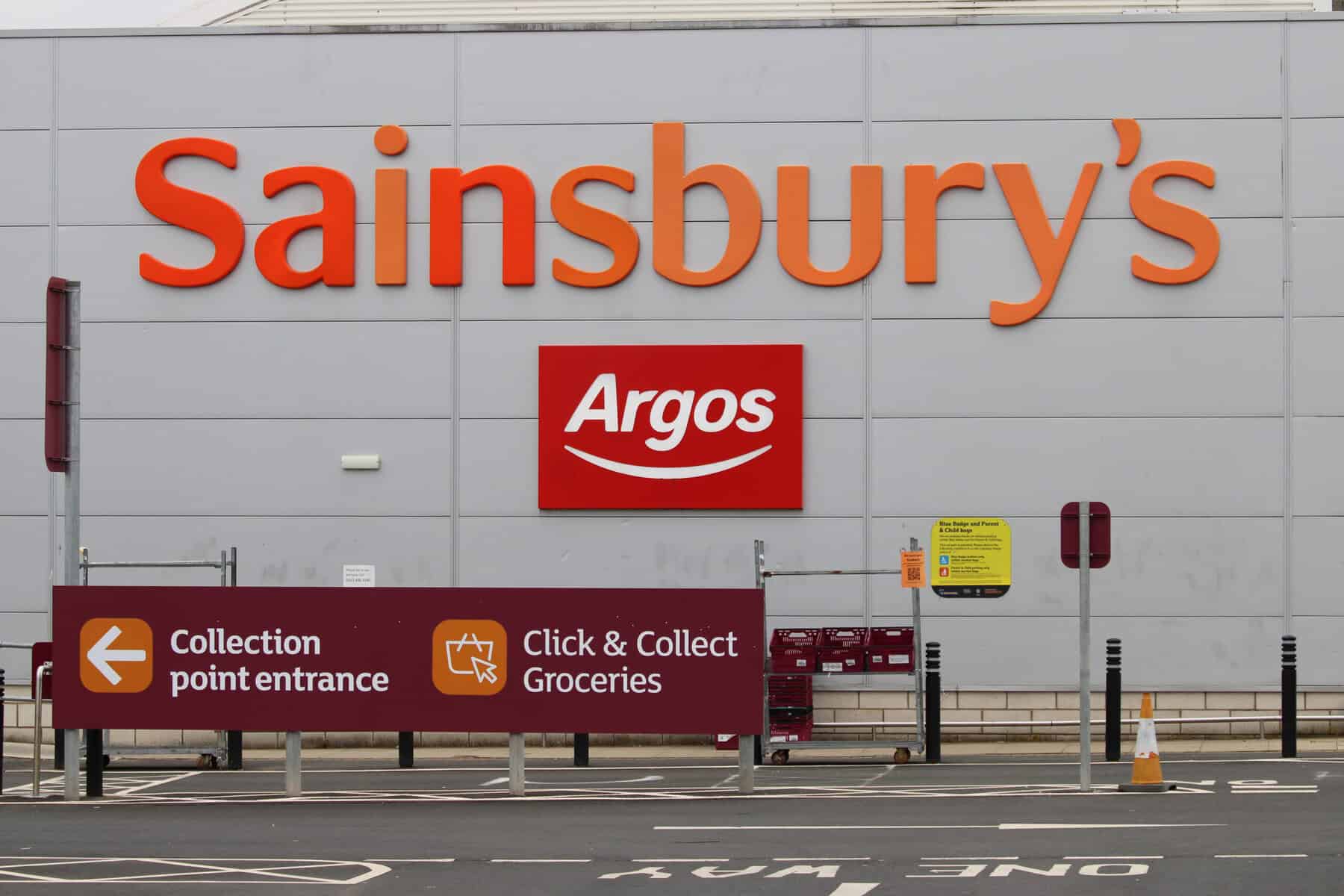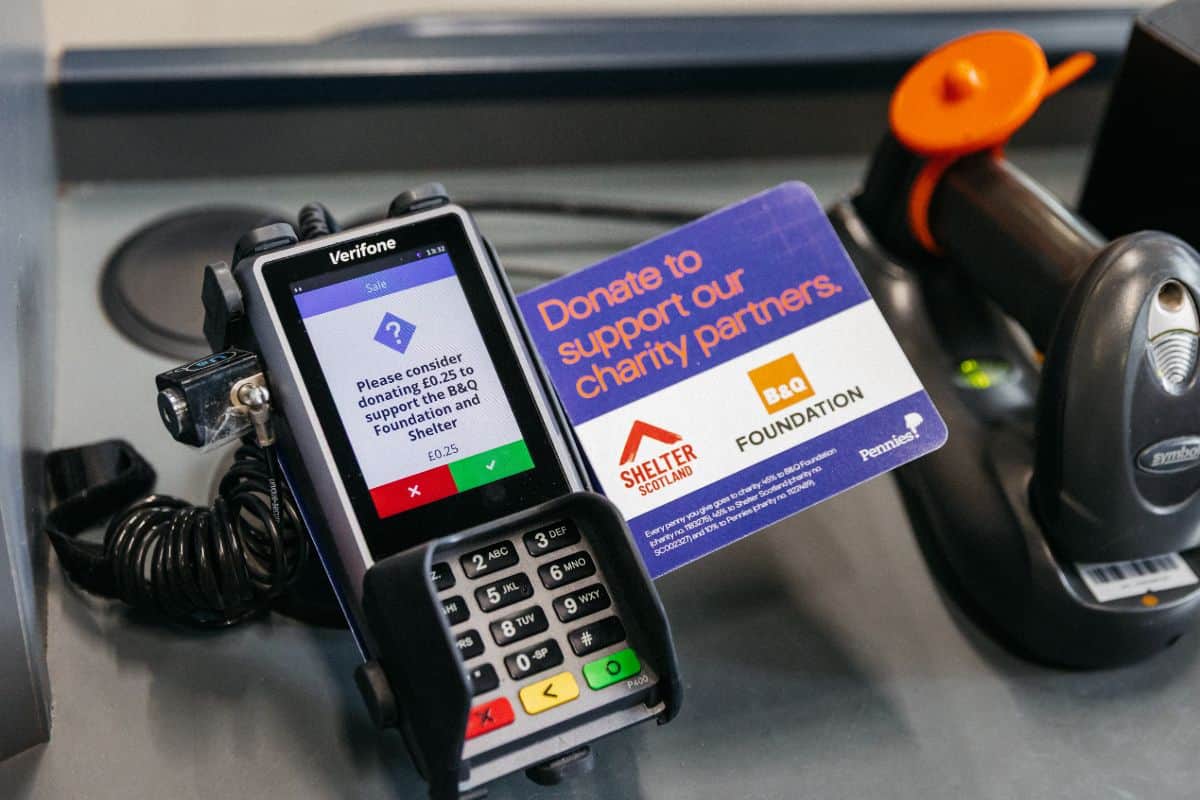Unilever says its online sales grew by 38% to account for 12% of sales in the third quarter of its financial year. Unilever brands including Graze and Marmite sell direct to consumers online via their own websites, while it also sells via online marketplaces around the world – as well as supplying online retailers. The business has also used digital marketing via channels including gaming to raise brand awareness.
During the quarter, to the end of September, Unilever today reported turnover of €13.5bn (£11.4bn), 4% up on the same time last year, with underlying sales growth of 2.5%. In the first nine months of the year, turnover has grown by 1.7% to €39.3bn (£33.1bn), with underlying sales growth of 4.4%. The company says that sales have grown in its three priority markets of the US, China and India. However volumes are down in North America, Europe and South East Asia, the latter as a result of rising Covid-19 cases.
Unilever now expects to stay within its expectations of underlying sales growth of between three to five per cent for the full year. But it warns that it is seeing “unprecedented cost inflation” and is taking action to ensure that does not hit profitability.
Unilever chief executive Alan Jope says: “Cost inflation remains at strongly elevated levels, and this will continue into next year. We have and will continue to respond across our categories and markets, taking appropriate pricing action and implementing a range of productivity measures to offset increased costs. We continue to expect that we will deliver in line with our margin guidance of around flat for the full year.”
The food to household brand business said in today’s update that consumer shopping behaviour – which moved further online during Covid-19 lockdowns and trading restrictions – had started to return to more normal patterns. Shoppers are now eating out of the house more than before as well as buying more offline. That’s a contrast from last year, when Unilever saw shoppers turn online fast in order to buy its products. In the first half of 2020, its ecommerce sales reached £2.2bn as underlying sales through the channel grew by 49% – to 8% of total sales. Nonetheless, shoppers have still continued to turn online to buy Unilever brands in the current financial year. The rate of growth has slowed, but ecommerce has claimed a larger share of Unilever turnover.
Unilever bought Graze back in 2019 and said at the time it would use its technology and ecommerce expertise across its own business.
Commenting on today’s figures, Chris Daly, chief executive of the Chartered Institute of Marketing, says: “Unilever’s commitment to its digital marketing strategy in the aftermath of the pandemic is reflected in this morning’s results. The consumer goods giant remains positive despite a perfect storm of rising prices from shipping costs to raw materials.
“The pandemic has accelerated a change in how people shop and entertain themselves. Unilever has identified ecommerce as a key channel for the future – not only for sales, but also for advertising. Its strategy is evolving, moving away from traditional platforms such as TV and towards gaming and streaming platforms. In recent months, Unilever has developed tie-ins with Fortnite and Animal Crossing, aiming to grow its relationship with younger consumers, which will continue to pay dividends in the future.
“Unilever has also invested in its employees, developing its own curriculum for marketers focused on developing digital skills and how to adapt to future consumer trends. Providing them with a ‘future-fit’ skills set, the curriculum is a recognition of the increasing importance of digital skills in the profession and a reflection of the companies shift towards digital activations.
“Whilst today’s results are good news for Unilever – and its digital marketing-first strategy will have established a solid foundation for growth next year – with a spectre of prolonged shortages in the run up to Christmas presenting fresh challenges, the consumer goods company shouldn’t rest on its laurels.”
